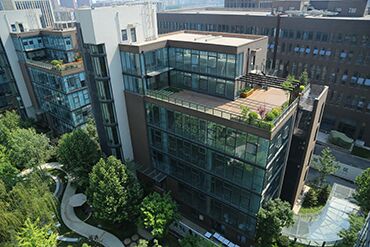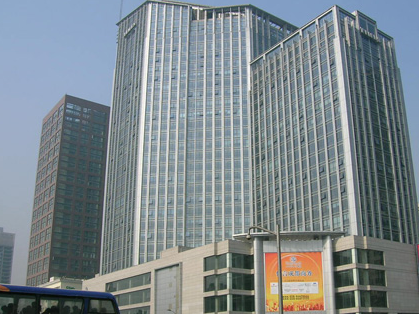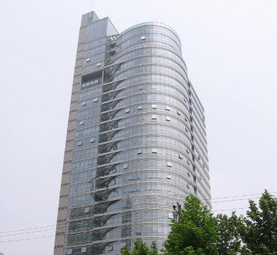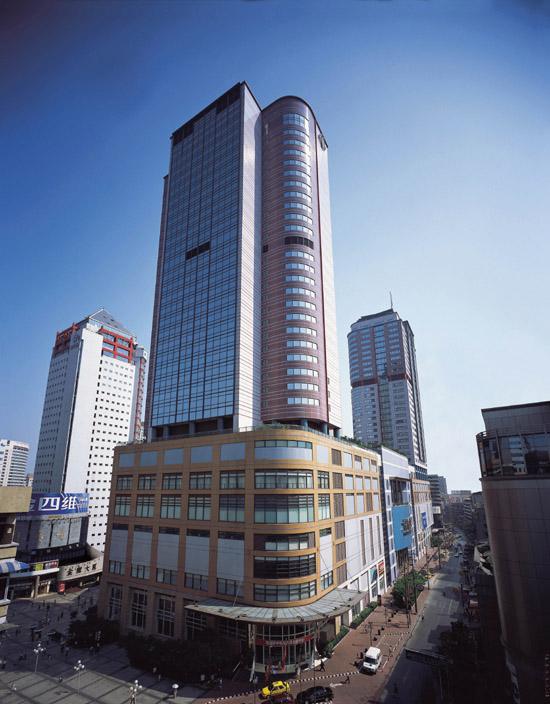Listen to part of a lecture in a geology class.
As geologists we examine layers of sediment on the Earth's surface to approximate the dates of past geologic time periods.
um, sediment as you know is material like sand, gravel, fossil fragments that is transported by natural processes like wind, water flow or the movement of glaciers.
So a sediment is transported and then deposited and it forms layers on the Earth's surface over time.
We examine these layers to learn about different geologic time periods including when they began and ended.
For example, from about 1.8 million years ago to around 11 thousand years ago was the Pleistocene Epoch.
The Pleistocene Epoch was an ice age.
During this epoch, sediment was made by the kind of erosion and weathering that happens when the climate is colder, and part of those sediments are fossils of plants and animals that lived at that time.
The Holocene Epoch followed the Pleistocene Epoch when the Earth's climate warmed up around 11 thousand years ago.
The Holocene Epoch is characterized by different sediments, ones that form when the climate is warmer.
Because the climate changed, the types of plants and animals changed also.
Holocene sediments contain remnants of more recent plants and animals, so it's pretty easy to differentiate geologically between these two epochs.
Now there is growing evidence that the presence of humans has altered the earth so much that a new epoch of geologic history has began - the Anthropocene Epoch, a new human-influenced epoch.
This idea that we have entered a new Anthro-pocene Epoch was first proposed in 2002.
The idea is that around the year 1800 CE the human population became large enough, around a billion people, that its activities started altering the environment.
This was also the time of the industrial revolution, which brought a tremendous increase in the use of fossil fuels such as coal.
The exploitation of fossil fuels has brought planet wide developments: industrialization, construction, uh, mass transport.
And these developments have caused major changes like additional erosion of the Earth's surface and deforestation.
Also, things like the damming of rivers has caused increased sediment production, not to mention the addition of more carbon dioxide and methane in the atmosphere.
Naturally all these changes show up in recent sediments.
And these sediments are quite different from pre year 1800 sediment layers.
Interestingly there's some speculation that humans started having a major impact on Earth much earlier, about 8000 years ago.
That's when agriculture was becoming widespread.
Early farmers started clearing forests and livestock produced a lot of extra methane.
But I want to stress that this is just a hypothesis.
The idea that early humans could have had such a major effect, well I'm just not sure we can compare it with the industrial age.
Geologists in the far future will be able t o examine the sediment being laid down today, whereas right now we can say the yes, human impact on the Earth is clear.
It'll be future researchers who have a better perspective and will be able to really draw a line between the Holocene and the Anthropocene epochs.

















 分享成功
分享成功

















草莓小菇凉:说的非常好,十分有道理,棒棒棒!
06-08 15:44:55